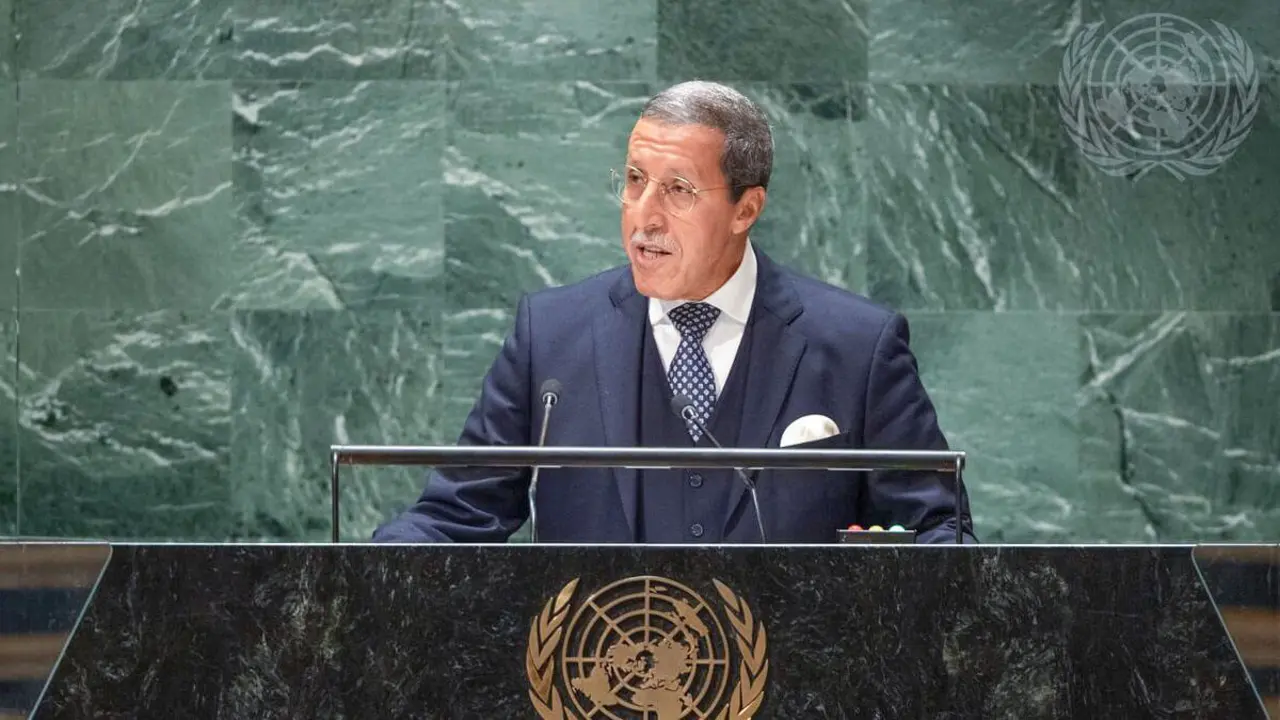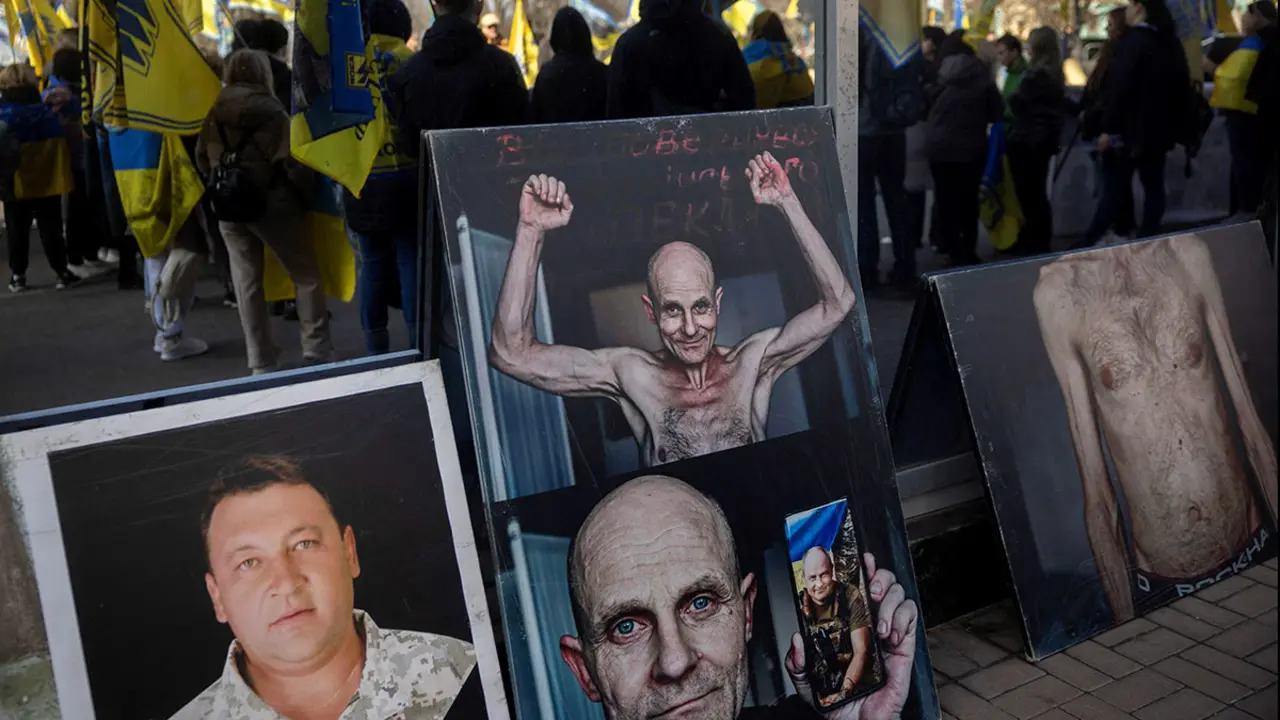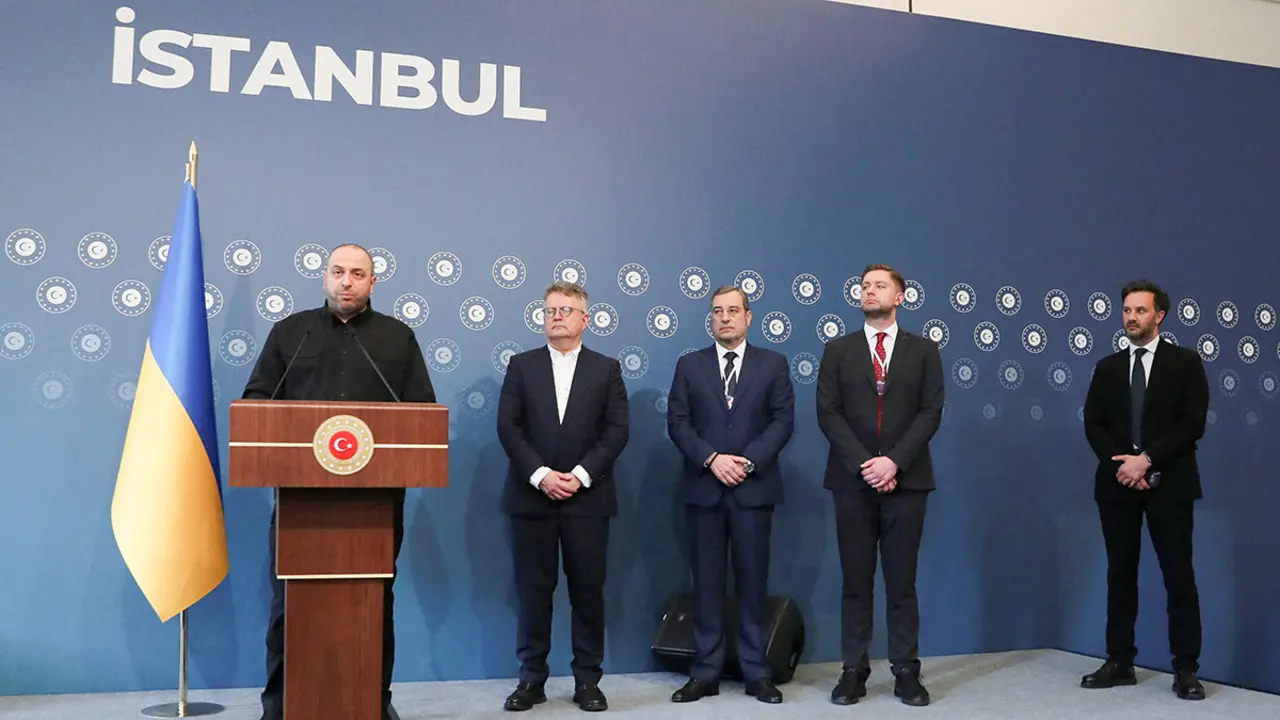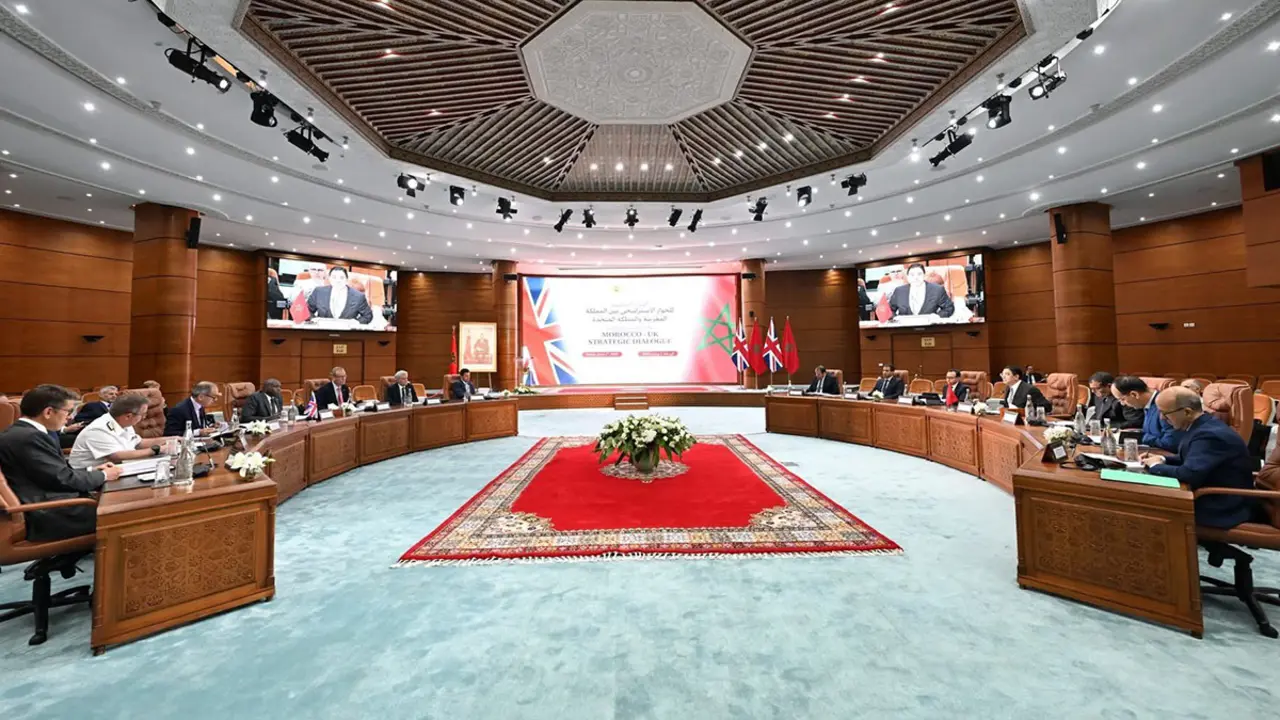Trump faces his second impeachment trial in Congress

The second impeachment trial, known in the United States as "impeachment", of former President Donald Trump will begin on Tuesday in a divided Senate that is unlikely to convict him of responsibility for the assault on the Capitol.
The process will begin at 13:00 hours (18:00 GMT) in the Senate, where all 100 senators will serve as jurors.
According to the Senate leaders, Democrat Chuck Schumer and Republican Mitch McConnell, the first day will be devoted to assessing whether the impeachment trial is constitutional, which lawmakers will spend four hours debating, followed by a vote on the issue.

A majority of constitutional experts have opined that the process is legitimate even if it can no longer result in Trump's impeachment, because it assesses events that occurred while he was still president.
"There is no 'January exception' in the Constitution, which allows presidents to abuse their power in their final days (of office) without accountability," the Democratic "prosecutors" argued in their paper on Monday.
In a similar vote in late January, only five of the 50 Republican senators voted in favour of the constitutionality of the process, which augurs an acquittal as the final outcome of the trial since it would take at least 17 to convict Trump.

Once the Senate decides that the process is constitutional, something for which it will only need a simple majority, the impeachment trial will resume on Wednesday at 12:00 (17:00 GMT), when the arguments of prosecutors and Trump's defence will begin.
The impeachment trial will be held every day thereafter except Saturday, at the request of Trump's Jewish lawyer, and will resume on Sunday, with the prospect of ending next week unless witnesses are called.
The opening arguments of the impeachment "prosecutors" - who are nine Democratic lawmakers in the lower house - are expected to begin on Wednesday and will be presented over a period of no more than 16 hours and in no more than two sessions.
For the defence of the Republican ex-president, the same rule will apply in terms of hours and sessions.
The process contemplates that a vote may be taken to call witnesses or present additional evidence, although this scenario is now uncertain as it would lengthen a trial that Democrats and Republicans want to end as quickly as possible.

The process will go down in history in two ways: because it will make Trump the first US president to face two impeachment trials - after the one held a year ago for his pressure on Ukraine - and because never before has a president been impeached when he is no longer in office.

Trump's lawyers have seized on the latter fact and made it the main pillar of his defence, arguing that it is unconstitutional to try the former president politically when he is no longer in the White House.
"The Senate is being asked to do something patently ridiculous: to try a private citizen in a process designed to remove him from an office he no longer holds", lawyers representing Trump, Bruce Castor, David Schoen and Michael van der Veen, said Monday.
In a long document of 78 pages, the lawyers asked to dismiss the process against Trump as pure "political theatre" by the Democrats, and branded as "absurd" the accusation that the former president incited the assault on the Capitol.
The impeachment trial will refocus Washington's attention on Trump less than three weeks after the former president left office, but not for too long: the process is expected to last just a week to ten days, depending on pre-trial negotiations.
Both Democrats and Republicans are interested in a fleeting impeachment: the former want to get it out of the way so they can focus on the priorities of their party's new president, Joe Biden, and the latter fear the consequences of a long debate over Trump's controversial actions.








